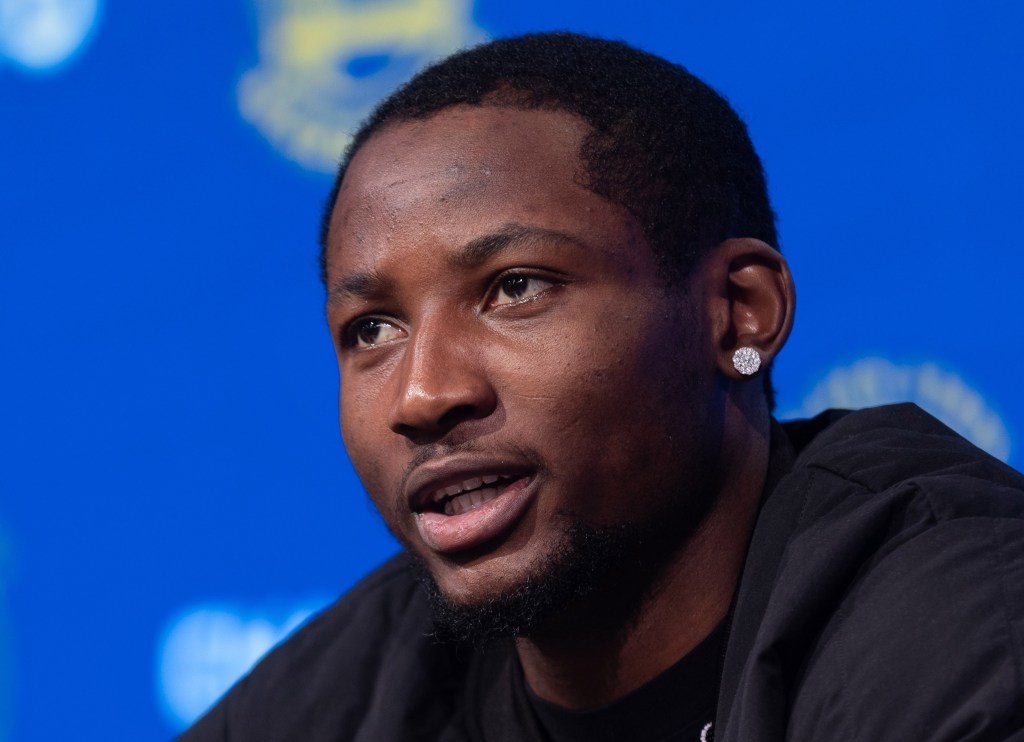
The Warriors didn’t come to an agreement with Jonathan Kuminga on a rookie contract extension before Monday’s 3 p.m. deadline.
Kuminga, 22, is now slated to become a restricted free agent at the end of the season. That gives the Warriors the right to match any offer sheet he signs.
Last season, Kuminga made a significant leap, boosting his scoring average from 9.9 to 16.1 points per game. Even though his role fluctuated, he played a career-high 26.3 minutes per game and flashed as a consistent 20-point scorer for stretches.
As Kuminga’s draft-class counterparts — Scottie Barnes, Franz Wagner, Cade Cunningham and Evan Mobley — got paid this summer, the sides never got close to reaching an agreement, per sources. Kuminga and the Warriors were far apart entering the last weekend of negotiations, and even artificial pressure to find middle ground created by the deadline wasn’t enough to create progress.
Kuminga’s camp wasn’t hard-lined at the maximum, $224 million contract the aforementioned 2021 draft class players inked. In terms of pure upside, the biggest Kuminga believers would rightly compare him to Wagner, Barnes, Cunningham and Mobley. In terms of production so far in his career, he’s more comparable to Pelicans wing Trey Murphy III, who reached a four-year, $112 agreement, per ESPN.
Another comparison is Jalen Johnson, who reportedly inked a five-year, $150 million deal with Atlanta.
Even as Kuminga has struggled to make an impact defensively and on the glass, the Warriors have been encouraged by his development. He entered the league as a raw 19-year-old without much high-level experience, won a championship as a rookie and has steadily improved.
Entering his fourth year, Kuminga is one of the best in the game at finishing while getting downhill. There aren’t many athletes who move like he does, and when he puts his head down on drives to the basket, he is difficult to stop.
Kuminga worked to hone his 3-point shot this summer, in an offseason that included trips around the world, the looming negotiations and some time with the trainer who has worked with Jaylen Brown, Paul George and Kevin Durant.
It appeared to pay off. In the preseason, Kuminga shot more confidently than ever from behind the arc, taking shots off movement and even off the dribble. He shot 44% from 3 in six exhibition games this fall.

















































